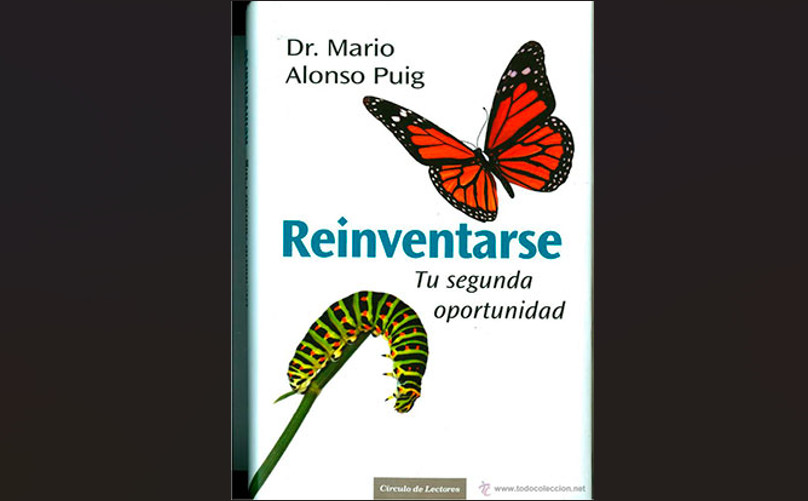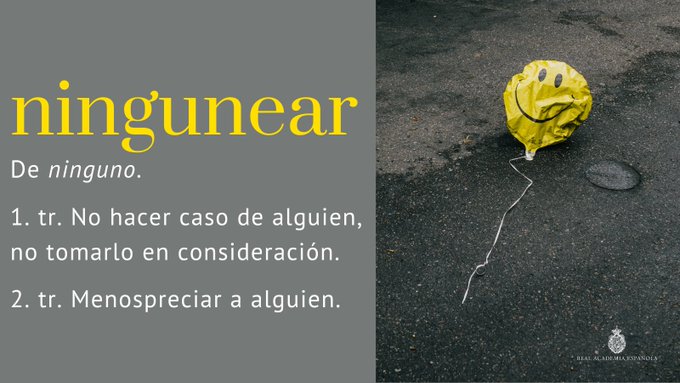aprender español
Latest stories
More stories
-
67 Views
in SpanishOne More Year
by
Admin
Spanish has many verbs related to time, aging, and change. Some verbs describe physical aging, others appearance, others emotional wear, and others renewal or growth. Below are some of the most common verbs and expressions, both positive and negative. Envejecer Envejecer means to age in a general and neutral way. It can be physical, emotional, […] More
-
60 Views
in SpanishMorning, Night, and Everything in Between: Mañana, Noche, Tarde… and Their Diminutives
by
Admin updated
Spanish students usually learn mañana, tarde, and noche very early. They look simple, but in real Spanish, especially in Mexico, these words change a lot with diminutives and set expressions. Mañanita, tardecita, and nochecita are not just “smaller” versions. They carry time, mood, and sometimes intention. This post tries to clarify those differences in a […] More
-
33 Views
in Spanish10 Spanish Expressions That Are Not So Easy to Figure Out
by
Admin updated
More expressions that confuse Spanish students Spanish expression Literal translation Real meaning in English estar amolado (Mexico) to be ground down / worn to be broke, in trouble, or in a bad situation ser maleta to be a suitcase to be bad at something, clumsy, or useless at a task chuchulucos (Mexico) little trinkets / […] More
-
682 Views
in Culture, Mexico, Spanish, Table of Expressions, VocabularyChopped Spanish — common spoken shortenings you’ll hear everywhere
by
Admin updated
Spanish that is not in the books, but that exists in everyday casual speech In casual Spanish, people shorten words all the time. They move fast, they like rhythm, and they often drop syllables — especially para, está, estoy, espera, and nada. These shortened forms are normal in conversation but usually not written (except in […] More
-
744 Views
in SpanishMasculine Spanish Nouns Ending in “-a” (Including “-ista” Professions)
by
Admin updated
Many students begin learning Spanish with the general rule that nouns ending in “-a” are feminine.This rule is often true… but there are dozens of very common exceptions, especially words of Greek origin, and also profession nouns ending in -ista, which take masculine or feminine articles depending on the person, but the noun ending never […] More
-
148 Views
in Culture, Spanish, Table of Expressions, Translation, Vocabulary10 Expressions You Don’t Learn in Textbooks
by
Admin updated
Spanish is rich, playful, and full of expressions that even advanced students find mysterious. Many of them don’t mean what the words literally say — and some don’t even make sense if you translate them word by word. Here are ten expressions that many people in Mexico use all the time, with their literal meanings […] More
-
178 Views
in Spanish“Madre” in Mexican Spanish: Many Uses, Many Meanings
by
Admin updated
In Mexican Spanish, the word madre (mother) is not just a family term. It has multiplied into dozens of expressions—some friendly, some rude, some surprising. For any Spanish student, understanding the many ways Mexicans use madre will unlock jokes, conversations, even music lyrics that otherwise seem baffling. Because “madre” is so emotionally charged, Mexicans often […] More
-
263 Views
in Culture, Spanish, Table of Expressions, Translation, VocabularyHalloween and “La Noche de Brujas” — Spooky Words in Spanish
by
Admin updated
Halloween, or La Noche de Brujas in Spanish, is not originally from Latin America, but it’s now celebrated in many Spanish-speaking countries. Children dress up (se disfrazan), go from door to door asking for candy, and people decorate their homes with pumpkins and skeletons. In this post, you’ll find a big list of Halloween-related words […] More
-
57 Views
in Mexico, Spanish, Table of Expressions, Vocabulary10 Expressions That Are Hard to Guess
by
Admin updated
In this post, we explore ten popular expressions that are commonly heard in conversations, on TV, and in everyday life in Mexico. Some of them can be rude or informal, so they must be understood but not necessarily used carelessly. Spanish Expression Literal Translation Equivalent in English ningunear to “no-one” someone To belittle, ignore, treat […] More
-
53 Views
in Culture, Mexico, Spanish, Table of Expressions, TranslationCAMIÓN y CAMIONETA
by
Admin updated
In the Romance-speaking world, camión simply means a heavy truck. But if you are in Mexico City, the phrase “Voy en el camión” doesn’t mean you are driving a freight vehicle. It could mean you’re on a bus. It’s one of those unique Mexican usages that confuse native Spanish speakers from Spain or Argentina, and […] More
-
Híjole: the little Mexican exclamation that has many meanings
by
Admin updated
If you’ve listened to Mexican Spanish for a while, you’ve probably heard a short, breathy sound that comes out on surprise, irritation, admiration or mild defeat. That little word is híjole (sometimes written hijole, sometimes híjoles), and it’s one of those automatic expressions that people use without thinking. The Real Academia defines híjole as a […] More
-
263 Views
in Culture, Mexico, Spanish, VocabularyDiminutives for Food in Mexican Spanish
by
Admin updated
If you spend time in Mexico, you will hear diminutives everywhere — and food is one of the favorite places to find them. Un cafecito, unos huevitos, tómate tu lechita, un pastelito, unas tortillitas calientitas… these little endings do a lot of work. They sometimes mean size, but often they mean something else: friendliness, politeness, […] More
















